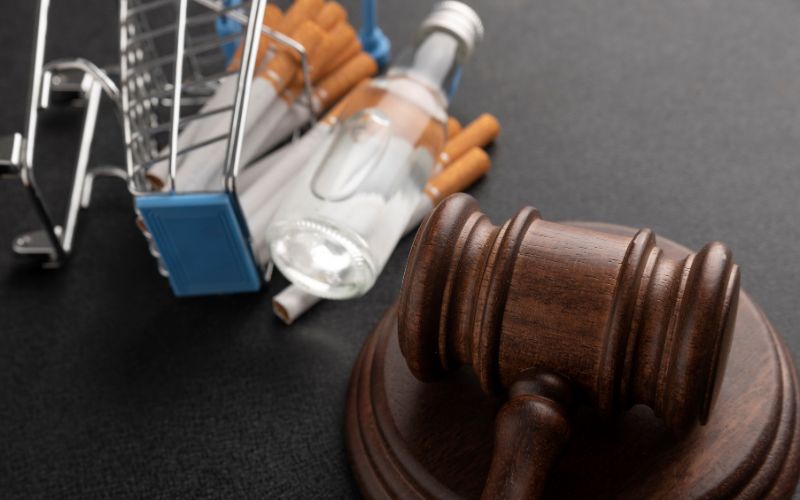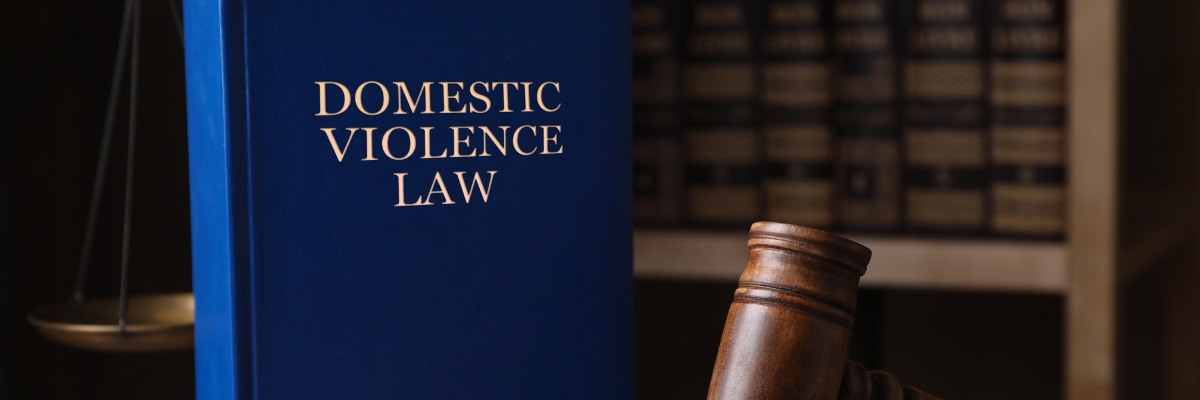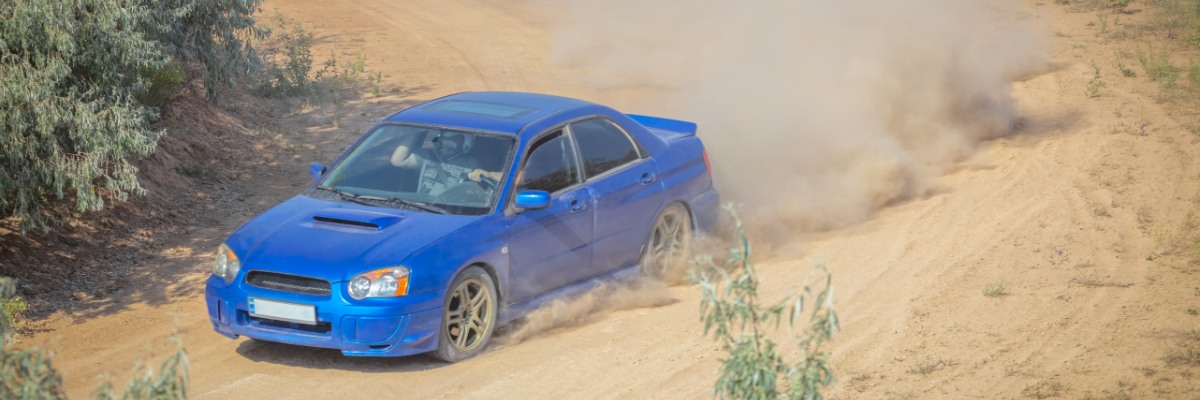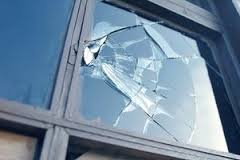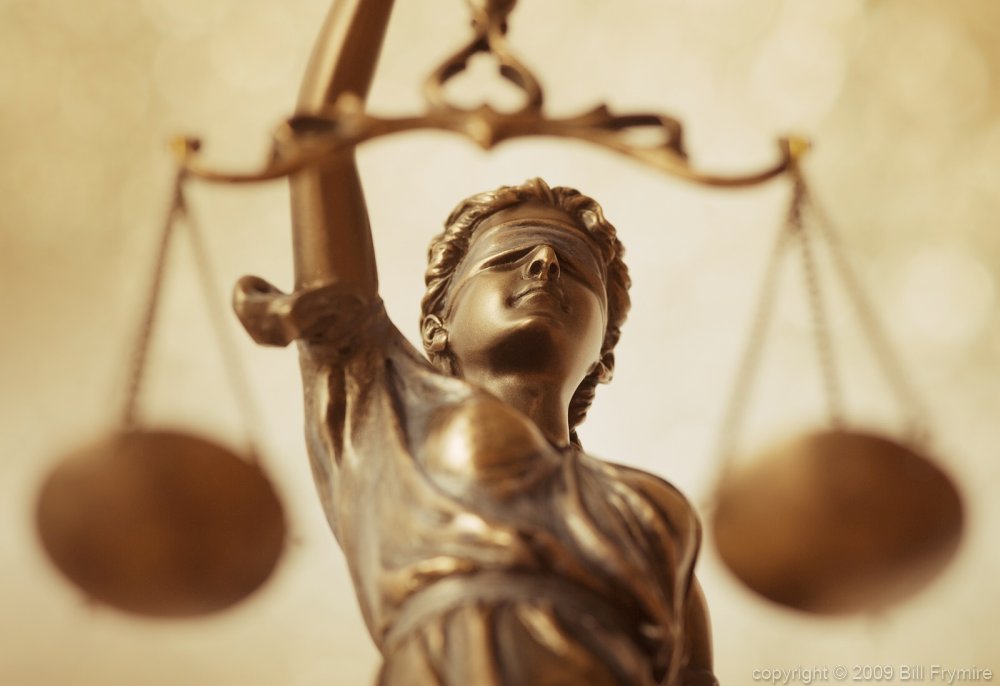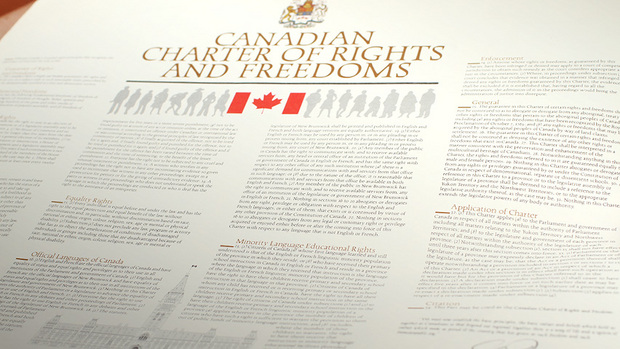In late November of 2021, the Ontario government invoked the Liquor Licence and Control Act, 2019 (LLCA), to regulate the sale, service, and delivery of alcohol in the province. The Liquor Licence Act outlines rules for the responsible provision and consumption of alcohol, provides the requirements for obtaining and maintaining a liquor licence, and establishes guidelines for enforcing the law.
A group responsible for enforcing laws associated with the Liquor Licence Act, called the Alcohol and Gaming Commission of Ontario (AGCO), was also established at this time. The Alcohol and Gaming Commission oversees the granting, revoking, and suspending of liquor licenses, in addition to ensuring compliance through carrying out inspections. The AGCO also has the authority to prosecute violations involving the sale and service of liquor, and to impose sanctions on liquor licence and permit holders who fail to comply with the Liquor Licence Act.
Where tobacco is concerned, the Smoke Free Ontario Act (SFOA) governs the sale of tobacco in terms of how vendors are able to promote, display and sell tobacco products. Selling or supplying tobacco to minors is considered a serious offence, and will result in a fine not only for the individual who illegally sold tobacco products, but also for the business the vendor is representing.
The Ontario government partners with law enforcement agencies to mitigate the circulation of illegal tobacco, which is defined as tobacco that is not acquired, possessed, purchased, branded, marked, or sold in accordance with provincial legislation.
Liquor Licences and Permits
In every circumstance involving the sale and service of alcohol in Ontario, a permit or licence is required per the Liquor Licence Act. There are several different categories of licences and permits, each with their own conditions that must be adhered to. These regulations aren’t limited to the sale and service of liquor – they also include factors like use of land and zoning conditions, safety considerations, and prevention of the sale of liquor to minors and intoxicated patrons.
Licence and permit holders are obligated to keep sufficiently detailed records that may be inspected by the Alcohol and Gaming Commission and other authorities at any time. Violations can result in penalties and a possible loss of licence or permit.
Liquor Sales and Civil Liability
Laws enforcing civil liability focus on the sale or service of liquor on the part of an individual to a minor or intoxicated person, wherein that specific individual could be held personally responsible for any damages or injuries resulting from impairment. Individuals held responsible could be employees of the licence or permit holder, or any agent acting on their behalf.
Civil liability also allows for civil actions to be brought against the licence or permit holder for injuries occurring as a result of the sale or service of liquor to an underaged or intoxicated person.
Common Offences
Common violations where liquor and tobacco are concerned are:
• Selling liquor without a licence or permit
• Selling, supplying, or permitting liquor to be supplied to an intoxicated individual, or apparently intoxicated individual
• Selling, supplying, or permitting liquor or tobacco to be supplied to a person under 19 years of age, or a person who appears to be under 19 years of age
• Possession and distribution of illegal tobacco contraband
Making false statements or providing false information in relation to a liquor licence or permit is a less common offence, but also carries severe penalties under the Liquor Licence Act.
Penalties
Liquor licence and permit holders can be subject to fines of more than $100,000 for individuals and upwards of $250,000 for businesses if found failing to comply with the standards and requirements established under the Liquor Licence Act.
Additional penalties imposed for violations of the Liquor Licence Act include licence suspension or revocation, and in some cases, imprisonment.
Individuals convicted of a tobacco sales offence are subject to a maximum fine of $4,000 for a first offence, and up to $100,000 or more for a third infraction. Trafficking illegal tobacco, which can include the acts of buying, selling, transporting, distributing, and possessing tobacco contraband, will result in severe fines, jail time of up to five years, or both. Consulting a lawyer to discuss defences in all cases is critical.
Hiring a Lawyer
In the instance of a civil liability case, the licence or permit holder will endeavour to prove that they took every possible measure to prevent the sale or service of liquor to minors or intoxicated individuals. A good lawyer can help with this. Evidence of adherence to established policies and procedures designed to prevent such sales, as well as proof of employee training and customer monitoring, will demonstrate every reasonable effort was made to prevent a violation of the Liquor Licence Act.
Defending against liquor licence and tobacco-related infractions requires a particularly complex strategy, because while managing your legal rights is critical, salvaging the reputation of your establishment is also important. An experienced, highly skilled criminal lawyer will advise of every viable legal option and develop the most effective defences, including advanced evidence-challenging strategies and negotiating with the prosecution to secure the best possible outcome.
Contact Me
Exercise your right to be represented by a lawyer. For a FREE consultation, contact me immediately to discuss any charges brought against you relating to Liquor Licence Act or tobacco-related violations. I balance firm professionalism with more than a decade of successful criminal defence experience, and I get the very best results for my clients. While I predominantly provide representation throughout the Greater Toronto Area, including Newmarket, Markham, Vaughan, Richmond Hill, King City, Aurora, Burlington, Oakville, and Milton, I also represent clients across all of Ontario, from Thunder Bay to Ottawa, and as far south as Windsor.

